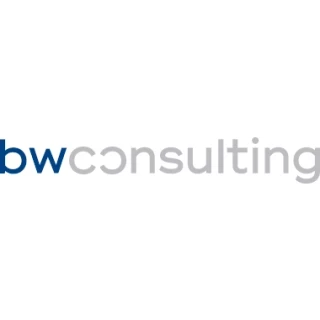I joined MBB as a lateral hire six months ago and am currently facing a dilemma around choosing an industry to focus on.
My home office is relatively small and specializes in just one industry. While this would make it easier to build credibility locally, I’ve realized I’m not particularly passionate about that sector. On the other hand, my broader region—which spans multiple countries and allows for cross-staffing—offers more variety and includes industries I’m genuinely interested in.
As someone new to the firm, I recognize the importance of establishing a strong foundation and reputation within my home office. However, I’m also considering whether it makes more sense to start building connections now to get staffed on projects in other countries within my region, in industries I’m more drawn to. It would be challenging given my limited network, but it might be a better long-term move if it aligns more closely with my interests and aspirations.
This leads me to my main question: When is it “too late” to choose an industry focus? I’m concerned that if I wait too long or continue taking projects outside my desired specialization, I may end up limiting my options later—especially since, by the time I reach Project Leader, I’m expected to have a clear industry focus.
I’d really appreciate any advice or perspectives you might have on how to approach this decision. Thank you!




















